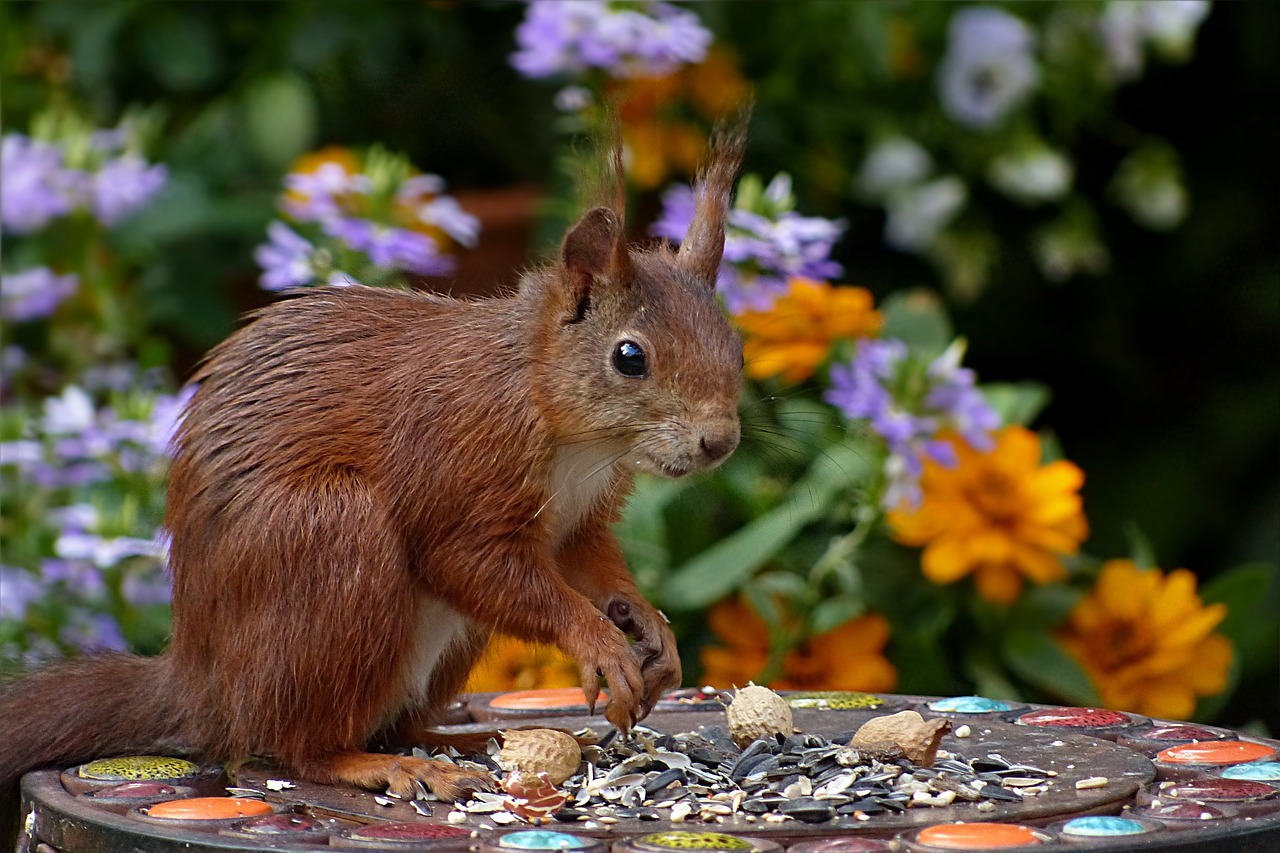Embrace Mindfulness: Stress-Free Living Guide & Tips Meta Description: Want to reduce stress and lead a life of mindfulness? Discover our practical guide to embracing a mindful lifestyle! Learn how to cultivate and embrace a stress-free mindset. Start your journey today to achieve a peaceful and balanced life.
How to end stress, unhappiness and anxiety to live in a beautiful state | Preetha ji | TEDxKC
Your Video is here .
Meta Title: Embrace Mindfulness: Stress-Free Living Guide & Tips
Embracing Mindfulness: A Guide to a Stress-Free Lifestyle
Mindfulness is the practice of paying attention to the present moment, nonjudgmentally, and focusing on the breath or other physical sensations. This practice can help us to reduce stress, increase relaxation, and remain in the present moment. Mindfulness helps us to step back from our emotions and thoughts, and avoid the common traps of worrying and ruminating about what happened in the past or what will happen in the future. In this article, we will explore how to embrace mindfulness to create a more stress-free lifestyle.
What is Mindfulness?
Mindfulness is the practice of paying attention to the present moment in a non-judgmental way. It is an awareness of your body and your environment and helps to bring clarity to the decision-making process. It can be a method of calming and centering yourself during difficult times. It has also been associated with a number of mental health benefits, such as decreased anxiety and depression, reduced stress, improved well-being, and more.
Mindfulness practice can be practiced anywhere, any time, in any form. This could mean anything from a few deep breaths to sitting in silence for a few minutes each day. Practicing mindfulness can help us break the habit of mindless reacting to events and circumstances and instead bring ourselves back to the present moment.
How Can Mindfulness Help Create a Stress-Free Lifestyle?
Mindfulness can help create a stress-free lifestyle by helping us to stay in the present moment and be aware of our thoughts, feelings, and physical states. This awareness allows us to be more conscious of the choices we make and to recognize when stress is starting to affect our decisions and behaviors. By being aware of our body and our breathing, we can use mindfulness-based relaxation techniques, such as progressive muscle relaxation and guided imagery, to help strengthen our resilience against stress.
Mindfulness also helps us to accept the things we cannot control and to respond to events in a mindful, compassionate, and relaxed manner. This can help us to minimize the stress response in our body and to remain in the present moment instead of living in fear of what might happen in the future.
Developing a Mindful Lifestyle
Developing a mindful lifestyle is an ongoing practice and takes time, effort, and commitment. Here are some tips for getting started:
Start Slow: Start with just a few minutes each day to focus on your breath or other physical sensations. This will help to build your mindfulness practice over time and give you great benefits in the long run.
Be Flexible: You don’t need to practice mindfulness in a particular way or position. You can practice it while sitting, lying down, walking, or even while doing activities around the house. Find whatever feels comfortable for you.

Set Realistic Goals: Setting realistic goals for yourself and measuring your progress will help you to stay motivated. Keep track of how long you practice mindfulness each day as well as the benefits you feel.
Handling Difficult Situations
When a difficult situation arises, mindfulness can help us to be better equipped to handle it. Here are some tips for staying mindful in difficult situations:
Breathe: Taking a few deep breaths can help to trigger the relaxation response in the body and help us to better handle a difficult situation.
Observe: Become aware of your thoughts, feelings, and physical sensations without judging them or trying to change them. This will help you to remain in the present moment.
Accept: Accepting a difficult situation for what it is can help to reduce our stress levels and bring us back to the present moment.
Mindful Practices
There are many mindful practices that can help us to create a stress-free lifestyle. Here are some of the most popular and effective practices:
Meditation: Meditation is the practice of focusing on the breath or other body sensations and can be used to reduce stress, improve clarity, and gain insight.
Yoga: Yoga is a form of physical exercise that focuses on connecting the mind and body through breathing and poses. It can help to reduce stress, improve flexibility, and increase energy levels.
Gratitude: Practicing gratitude can help to bring a sense of joy and peace to our lives and help us to be more mindful of the present moment. It can be as simple as taking time each day to reflect on the things we are grateful for.
Conclusion
Mindfulness can be a powerful tool for creating a stress-free lifestyle. It can help us to be more present and aware in our everyday lives and cultivate greater resilience against stress. Through proper mindfulness practices, we can learn to accept the things that are out of our control and develop healthy coping skills for difficult situations.
What is mindfulness?
Mindfulness is the practice of paying attention to the present moment, nonjudgmentally, and focusing on the breath or other physical sensations. This practice can help us to reduce stress, increase relaxation, and remain in the present moment.
What are some mindful practices?
Some mindful practices include meditation, yoga, and gratitude. Meditation can help to reduce stress, improve clarity, and gain insight. Yoga is a form of physical exercise that focuses on connecting the mind and body through breathing and poses. Practicing gratitude can help to bring a sense of joy and peace to our lives and help us to be more mindful of the present moment.
How can mindfulness help create a stress-free lifestyle?
Mindfulness can help create a stress-free lifestyle by helping us to stay in the present moment and be aware of our thoughts, feelings, and physical states. This awareness allows us to be more conscious of the choices we make and recognize when stress is starting to affect our decisions and behaviors. Additionally, mindfulness can help us to accept the things we cannot control and to respond to events in a mindful, compassionate, and relaxed manner.
What are some tips for developing a mindful lifestyle?
Some tips for developing a mindful lifestyle include starting slow, being flexible, and setting realistic goals. It can also be helpful to keep track of how long you practice mindfulness each day as well as the benefits you feel. Additionally, it is important to practice mindfulness in any way or position that feels comfortable for you.
What are some tips for staying mindful in difficult situations?
Some tips for staying mindful in difficult situations include taking a few deep breaths, becoming aware of your thoughts without judging them, and accepting the situation for what it is. Taking a few deep breaths in a difficult situation can help to trigger the relaxation response in the body and help us better handle a difficult situation. Additionally, becoming aware of your thoughts without judging them and accepting the situation for what it is can help to reduce our stress levels and bring us back to the present moment.
Meta Title: Embrace Mindfulness: Stress-Free Living Guide & Tips
